Process Of Criminal Trials
Overview
Criminal trials in India under the Bharatiya Nyaya Sanhita (BNS) and Bharatiya Nagarik Suraksha Sanhita (BNSS) follow a structured legal process to determine the guilt or innocence of the accused. Sessions Courts handle serious offenses, while Magistrates’ Courts address lesser offenses. The legal framework ensures justice by safeguarding the rights of both the accused and victims.
Criminal Trial Process
- FIR/Complaint registered.
- Investigation & chargesheet filed.
- Charges framed under Bharatiya Nagarik Suraksha Sanhita (BNSS).
- Accused pleads guilty or not guilty.
- Prosecution presents evidence.
- Accused gives statement (Section 280 BNSS).
- Defense presents evidence.
- Final arguments presented.
Description
Criminal Trial Process in Sessions Court and Magistrates’ Courts
Criminal trials in India are now governed by the Bharatiya Nagarik Suraksha Sanhita (BNSS). Based on the gravity of the offense, cases are categorized as summons or warrant cases. Serious offenses are tried in Sessions Courts, while less severe cases are handled by Magistrates.
Types of Criminal Trials
- Trial Before Sessions Court: For offenses punishable with imprisonment exceeding seven years, life imprisonment, or the death penalty. The Magistrate forwards cases to the Sessions Court after taking cognizance.
- Trial of Warrant Cases by Magistrates: For offenses punishable with imprisonment exceeding two years. Begins with an FIR or a private complaint.
- Trial of Summons Cases by Magistrates: For offenses punishable with imprisonment of fewer than two years.
- Summary Trials: For petty offenses, ensuring speedy disposal through a simplified process.
Process of Trial in Sessions Court (Sections 250–262 BNSS)
- Prosecution Opening: The Public Prosecutor explains charges and evidence.
- Discharge: The judge discharges the accused if no sufficient grounds exist.
- Framing Charges: Charges are framed if sufficient grounds exist, and the case proceeds.
- Plea of Guilty: The accused pleads guilty or not guilty.
- Prosecution Evidence: Evidence is presented in the presence of the accused or their pleader.
- Witness Examination: Witnesses are examined and cross-examined.
- Judgment: Based on evidence and statements, the accused is convicted or acquitted.
Trial of Warrant Cases by Magistrates (Sections 263–275 BNSS)
- Pre-Trial Compliance: Copies of the police report are provided to the accused.
- Discharge: If insufficient grounds exist, the accused is discharged.
- Framing Charges: Charges are framed if sufficient grounds exist.
- Private Complaint: Prosecution presents evidence, and summonses are issued to witnesses.
- Judgment: The accused is convicted or discharged based on evidence.
Why Choose Our Legal Services
- Confidentiality You Can Trust: We prioritize your privacy, ensuring that all your personal information and legal documents are kept strictly confidential and never shared.
- Expert Legal Guidance: Legal matters can be overwhelming. Our experienced team provides clear, expert advice to guide you through every step of your case with confidence.
- Stress-Free Process: Forget about the complexities of paperwork and court procedures. Our dedicated team handles everything, ensuring a smooth and hassle-free experience for you.
- Access to Top Lawyers: We connect you with the best legal professionals suited to your needs. Choose from a wide network of experts based on their specialization, experience, and client feedback.
Reviews (0)
Be the first to review “Process Of Criminal Trials” Cancel reply

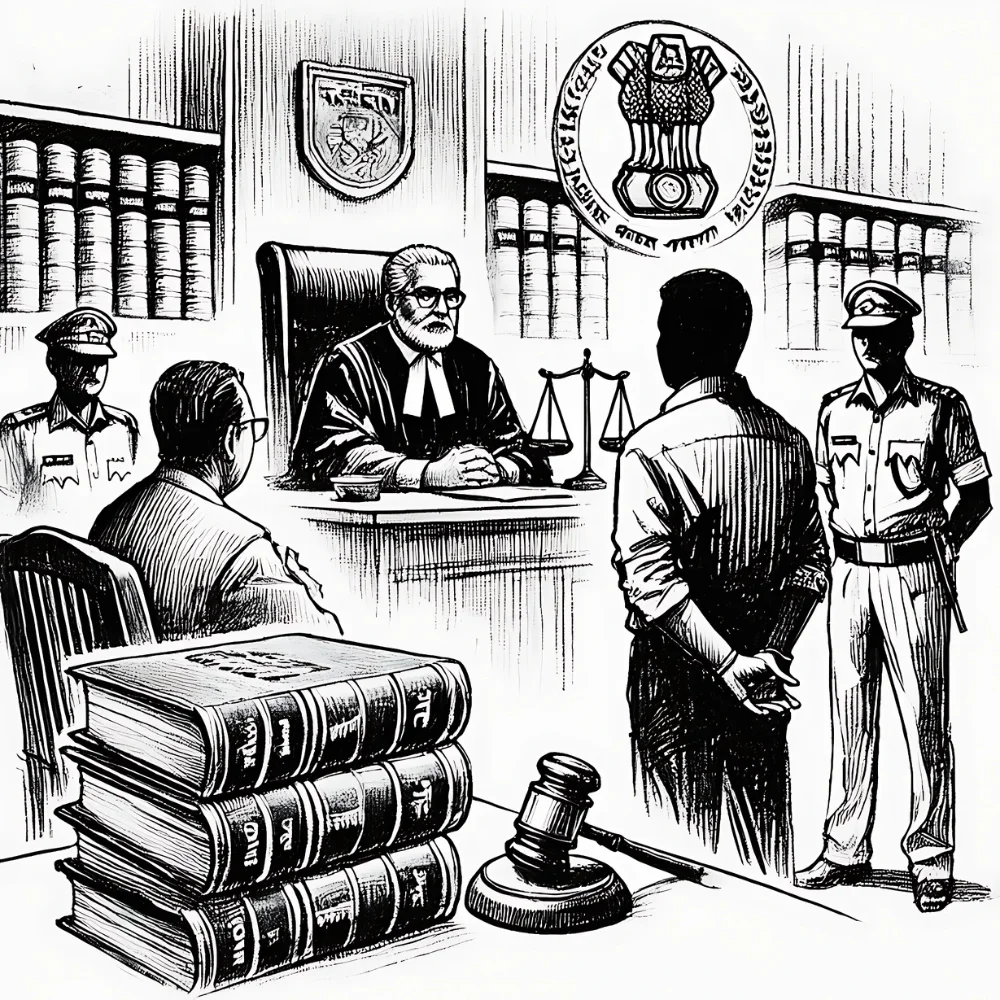
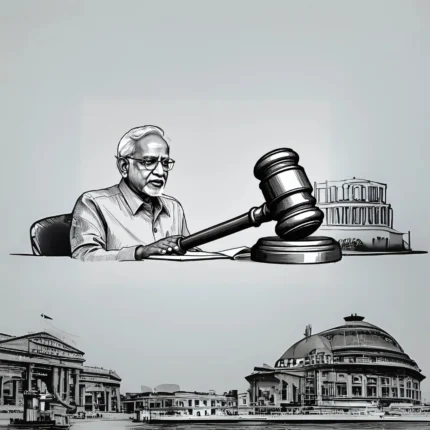
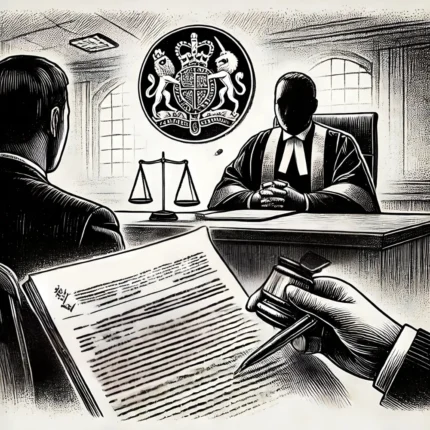

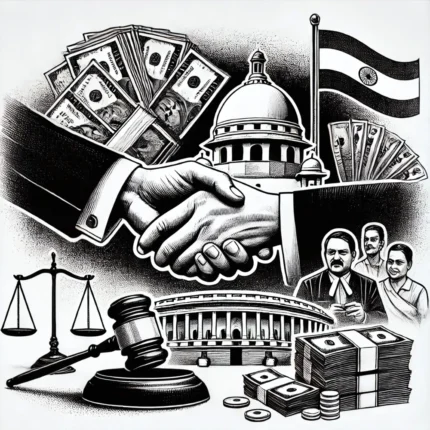

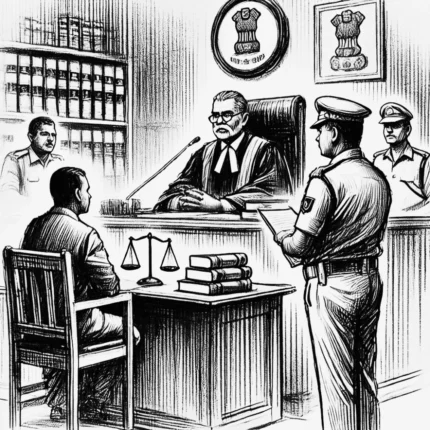
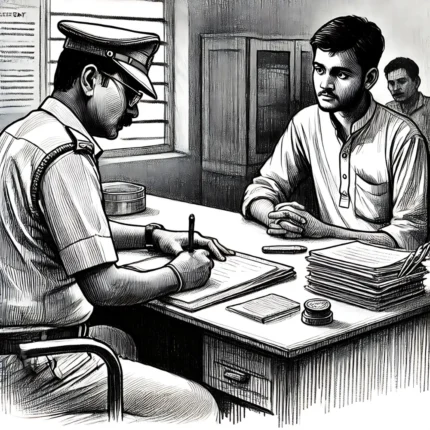
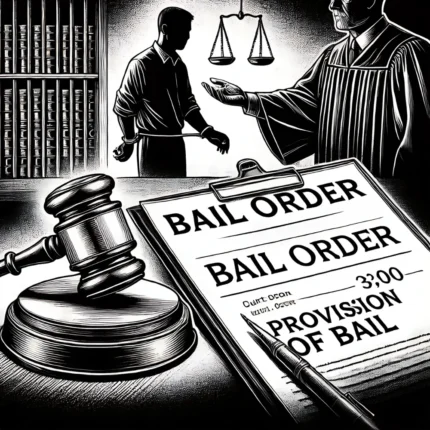
Reviews
There are no reviews yet.